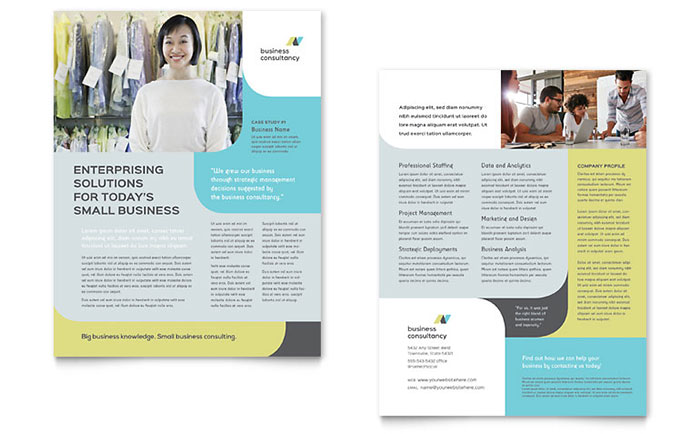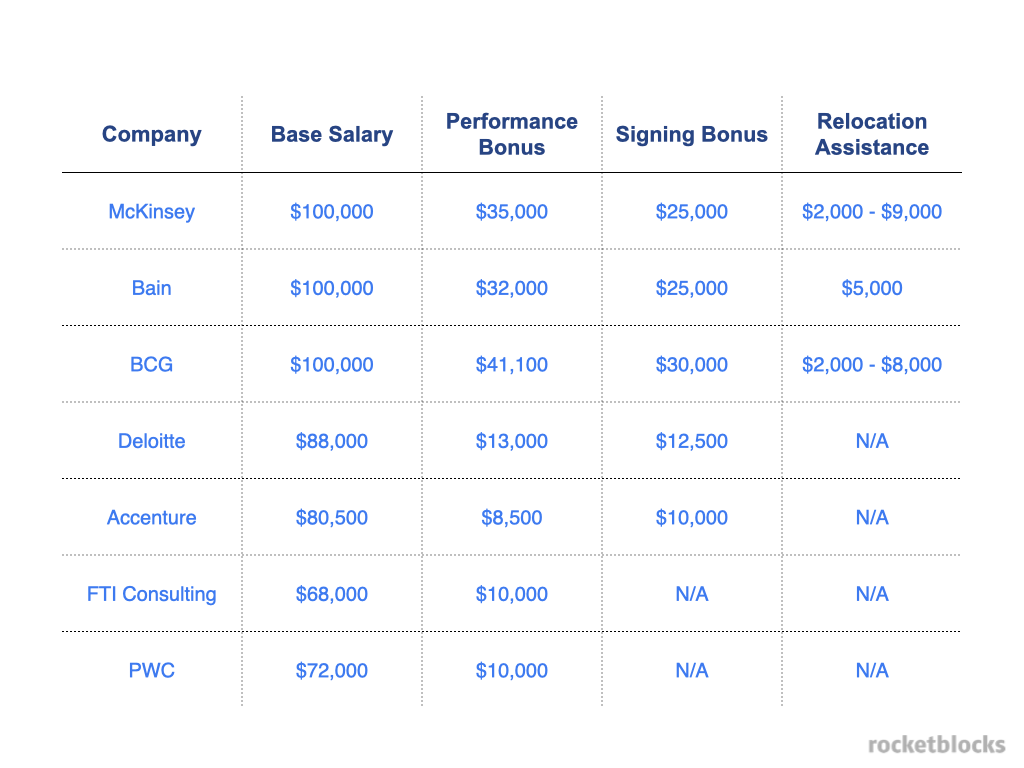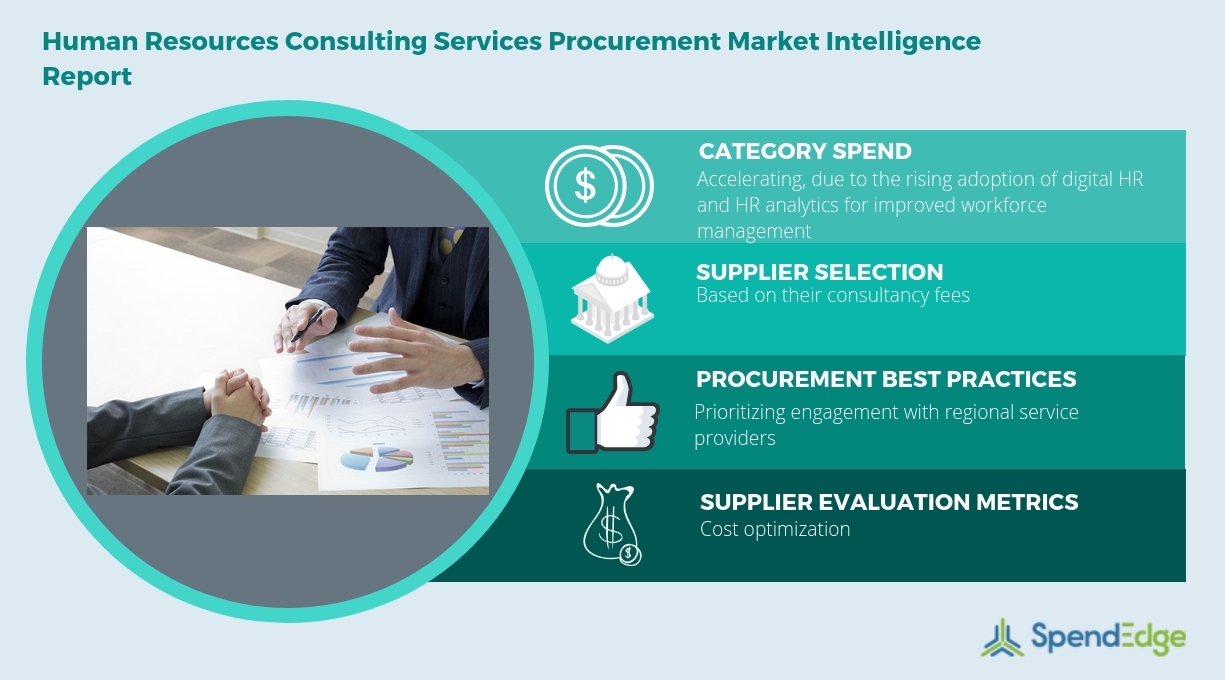
Balance between work and life
The work-life balance is influenced by many factors in a consulting role. The business is often long-term and geographically dispersed. Working from home can make it difficult to take time for personal reasons. Furthermore, the need to be on-call at all times is very common, which may make it difficult to have a regular work-life balance. There are things you can do to decrease the time you spend at work while still enjoying life.
Another thing to consider is the need to maintain a personal life outside of work. While consulting can be a lucrative career, it can be a draining endeavor. It can lead to serious burnout if it isn't managed well. According to the University of Phoenix's study, nearly half of US employees suffer from major job burnout. This can be caused by working too many hours and can lead you to depression, fatigue, and even anxiety.
Challenges
Consulting is an exciting and lucrative career path, but it is not for everyone. To be successful, it takes time and effort. It is important to be aware of the risks and commitments before you take this step. You must remain persistent and overcome obstacles to become successful as a consultant.

The consulting industry faces challenges due to increasing automation. Automation has made it possible for machines to do tasks that would have previously required a team of junior analyst. Celonis, the German software company has developed a system which can detect inefficiencies in supply chains and manufacturing.
Perks
Working as a consultant offers a variety of perks. You'll develop a wide network of contacts, build your expertise in your chosen field, and have the opportunity to meet a variety of people in the corporate world. You could also take on different roles within companies such as project managers. You may find one that's a perfect fit for your personality and skills.
A benefit of consulting is that you can set your own schedule. You'll still spend much of your time in the office but consulting also gives you the opportunity to take time to spend with loved ones or friends. Traveling is another option that can help you maintain a healthy work/life balance.
Career paths
The consulting industry is diverse, as are the career paths available. Some consultants only work with a single client while others manage multiple clients at once. The path a consulting professional chooses depends on their education, subject matter expertise, and experience. Graduate-level candidates will be better suited to senior positions than candidates with a bachelor's degree. Associates and analysts are often assigned specialized work streams in a project. They must also adapt to the culture in the company in which they work.

Those with a business background may consider going to business school. These programs will enable students to put their knowledge into practice in the field of consulting.
FAQ
How do I choose the right consultant?
There are three main factors to consider:
-
Experience - How experienced is this consultant? Are you a beginner or an expert? Does her resume reflect the knowledge and skills she has?
-
Education - What did he/she learn in school? Did he/she study any relevant courses after graduating from high school? Do we see any evidence of this learning in the way he/she writes?
-
Personality - Are we attracted to this person? Would we want him/her to work for us?
-
The answers to these questions help determine if the consultant is right for our needs. If you do not have the answer, it is worth interviewing the candidate to find out more.
How long does it take to become a consultant?
Depending on your industry and background, the time required will vary. Most people begin their journey with less than a month before finding work.
However, consultants can spend many years learning before they are able to find work.
How can I find clients for my consulting business?
The first step is to find an area you are passionate about. This could be social media or public relations. However, it must be something that you are passionate about. If not, you may have to start small by finding a niche market such as web design. Once you've found this niche, make sure you understand what makes it tick. What problems can it solve? What problems can it solve? What are the benefits?
You can also try approaching businesses directly - perhaps they need someone who understands SEO or content creation, or maybe they just want to know where to go for advice on social media strategy.
If all else fails, why not offer your services at free events like networking evenings and conferences? You'll get to know many potential clients without spending money advertising.
What kind of contracts can consultants sign?
Most consultants sign standard employment deals when they're hired. These agreements define the terms of the agreement, including how long the consultant is expected to work for the client as well as what he/she should be paid.
Contracts may also include details about the specific areas of expertise that the consultant is going to be focusing on as well as how they will be compensated. An agreement could state, for example, that the consultant will offer training sessions, workshops and webinars.
Sometimes, the consultant simply agrees that a specific task will be completed within a set time frame.
Many consultants also sign independent contractor agreement in addition and standard employment agreements. These agreements allow the consultant freedom to work without being paid.
Statistics
- So, if you help your clients increase their sales by 33%, then use a word like “revolution” instead of “increase.” (consultingsuccess.com)
- My 10 years of experience and 6-step program have helped over 20 clients boost their sales by an average of 33% in 6 months. (consultingsuccess.com)
- Over 62% of consultants were dissatisfied with their former jobs before starting their consulting business. (consultingsuccess.com)
- "From there, I told them my rates were going up 25%, this is the new hourly rate, and every single one of them said 'done, fine.' (nerdwallet.com)
- According to statistics from the ONS, the UK has around 300,000 consultants, of which around 63,000 professionals work as management consultants. (consultancy.uk)
External Links
How To
How can you find the best consultants?
First, ask yourself what kind of consultant you are looking for. You should know exactly what your expectations are before you start searching for someone. You should make a list of all the things you need from a consultant. This could include: professional expertise and technical skills, project management capabilities, communication skills, availability, etc. After you have listed your requirements, it might be a good idea to ask colleagues and friends for their recommendations. Ask them what their experience with consultants was like and how they compare to yours. Research online if you don’t already have recommendations. You can post reviews on your previous work experiences on many websites like LinkedIn, Facebook and Angie's List. Use the feedback and ratings of others as a starting point to search for potential candidates. After you've compiled a list of potential candidates, it is time to reach out to them and schedule an interview. In the interview, discuss your needs and ask them for their suggestions on how you can achieve them. It doesn't matter whether they were recommended to you or not; just ensure that they understand your business objectives and can demonstrate how they can help you reach those goals.